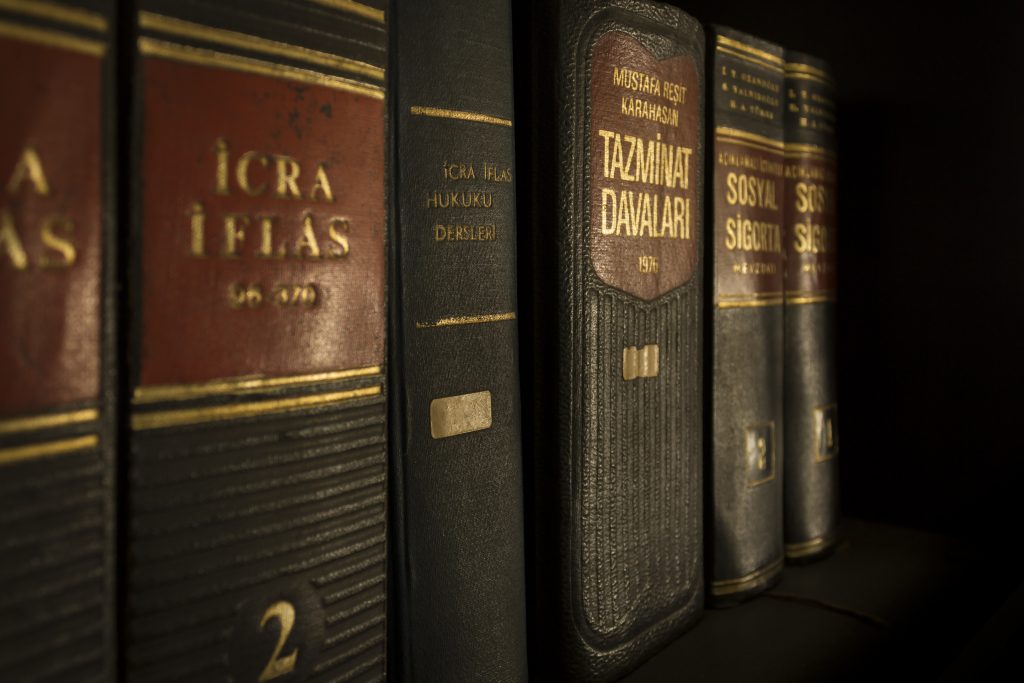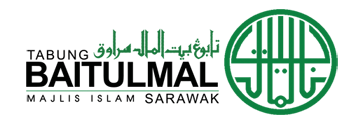
Asian International Arbitration Centre (AIAC), formerly known as Kuala Lumpur Regional Centre for Arbitration (KLRCA), is Malaysia’s leading provider of the best institutional support in matters of domestic and international arbitration and other dispute resolution litigations, alternative or otherwise. The recent change in identity was undertaken in order to reflect the organization’s commitment to the global Dispute Resolution biosphere and the willingness to provide the most innovative and ideal services in the industry.
Despite the change in identity, the trust that AIAC has built over the course of the past 40 years is still retained. This trust coupled with a fresh new identity has created the perfect combination of modern innovation and classic heritage. The new AIAC is still headquartered in the historic Bangunan Sulaiman and is a non-profit, non-governmental organization. It has been afforded certain freedoms and special immunities in order to be able to carry out its arbitration in the most efficient and effective manner.
The AIAC allows for disputes to be worked out in a civil manner. The organization specializes in arbitration, adjudication, mediation, and domain name dispute resolution.
Arbitration.
Arbitration is a form of alternative dispute resolution that does not involve judiciary courts. The dispute is settled by one or more people. The two most common types of arbitrations are,
Seat of arbitration.
Ad Hoc arbitration.
Seat of Arbitration.
Seat of arbitration refers to a form of conflict resolution which involves the selection of a neutral location by the conflicting parties. This location determines the legislature followed.
Ad Hoc Arbitration.
Ad hoc arbitration is a form of arbitration in which the conflicting parties do not choose a modus operandi, the law of an institution, for the arbitration. While this form of arbitration does offer more flexibility to the parties in question, it does not offer much when it comes to external support. Ad hoc arbitration is more time efficient than institutional arbitration but it can run into hindrances if the conflicting parties run into difficulties with the appointment or conduct of the arbitration tribunal. An ad hoc arbitration allows for edits in the proceedings governing laws in the case of a dispute arising. In some rare cases the proceedings governing laws are changed if the need arises.

Adjudication.
Adjudication refers to a legal procession in which an arbiter or judge reviews evidence and argumentation. This includes legal reasoning set forth by opposing parties as well. All of this is used to determine the rights and obligations between the parties involved.
Mediation.
Mediation is a form of legal process in which the conflicting parties involve an impartial third party to mediate. The mediator facilitates the opposing parties’ attempts to arrive at a consensual settlement. Unlike arbitration, the mediator does not deliver a binding decision.
Domain Name Dispute Resolution.
As domain names are now perceived as essential identifiers for businesses, the protection of these rights is essential. A domain name dispute is a legal complaint made on the grounds that a domain name has been inappropriately and illegitimately used or assigned.
The AIAC has always provided excellent service to its patrons in terms of dispute resolution. They absolutely make certain that their clients’ matters are ultimately resolved and that the final ruling is enforced. The AIAC does so with the utmost confidentiality and neutrality expected of an organization of this caliber.

